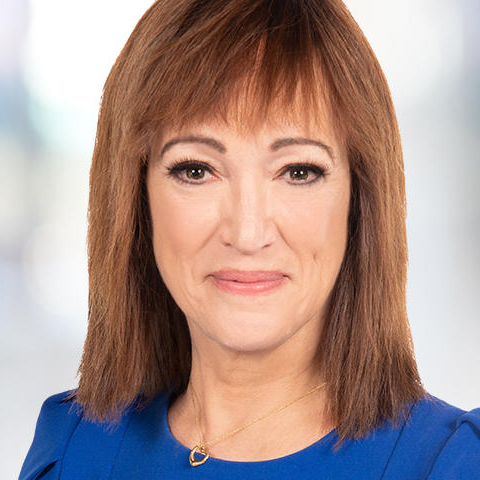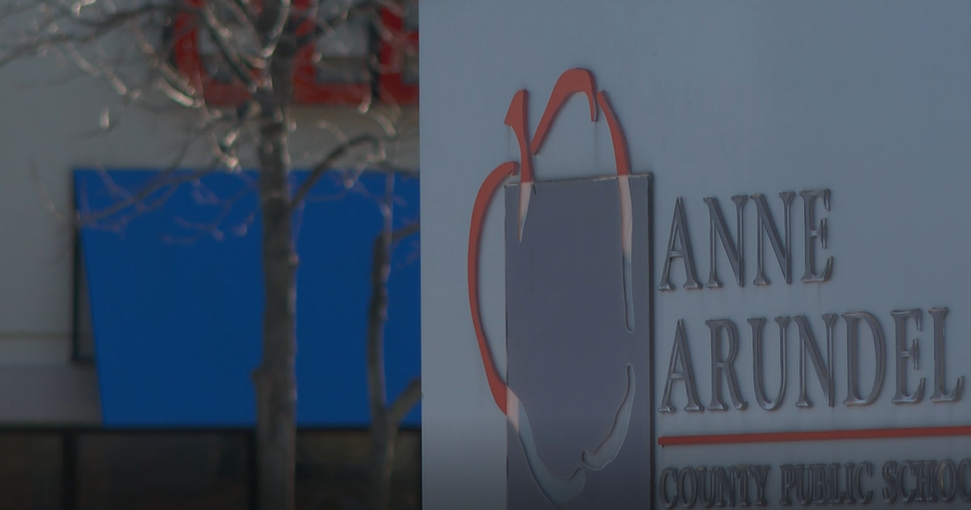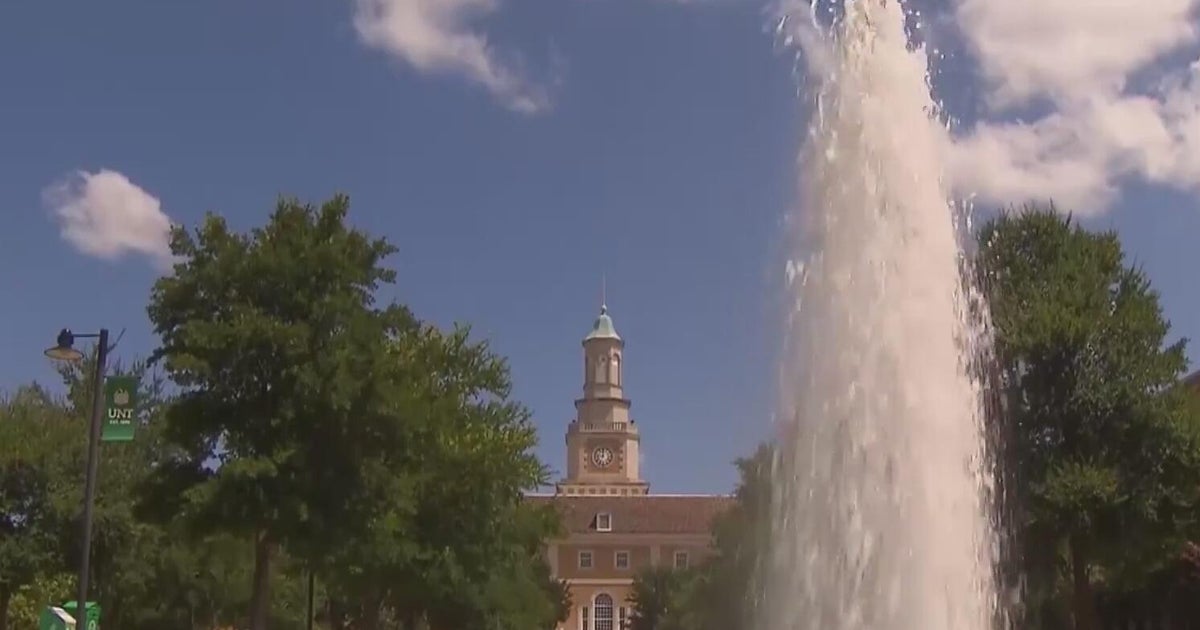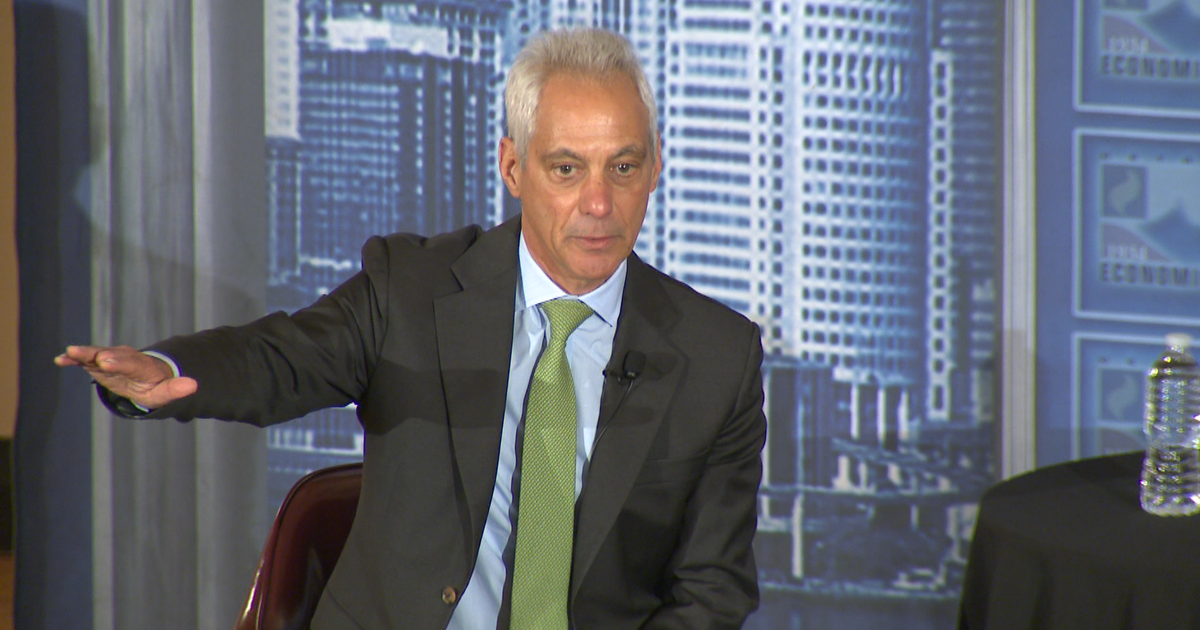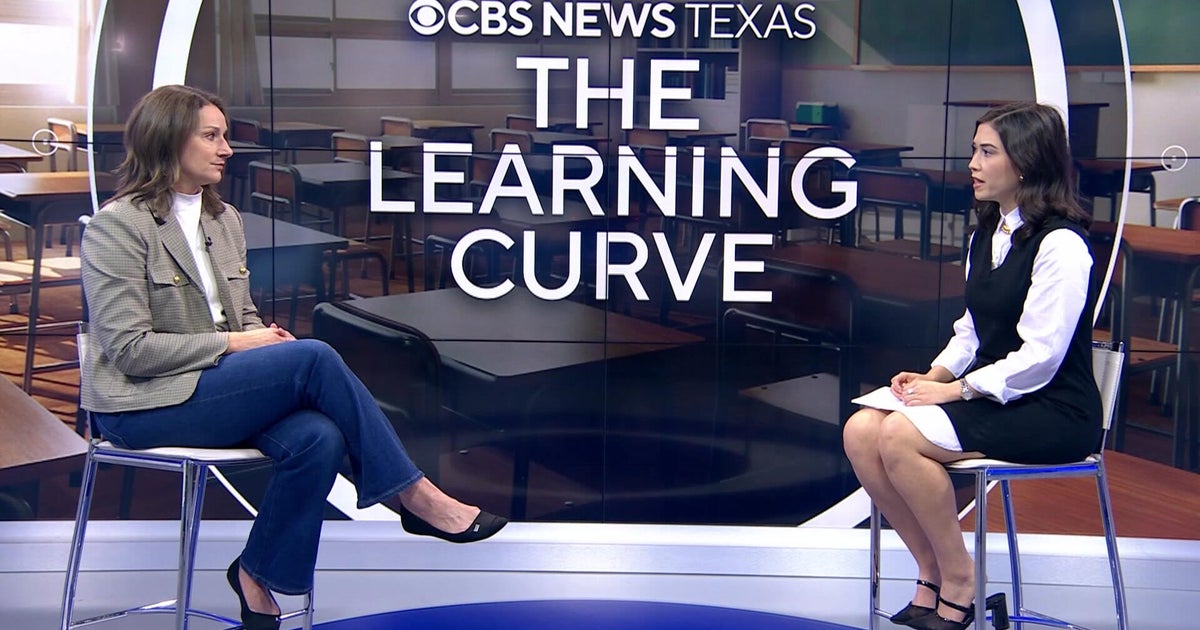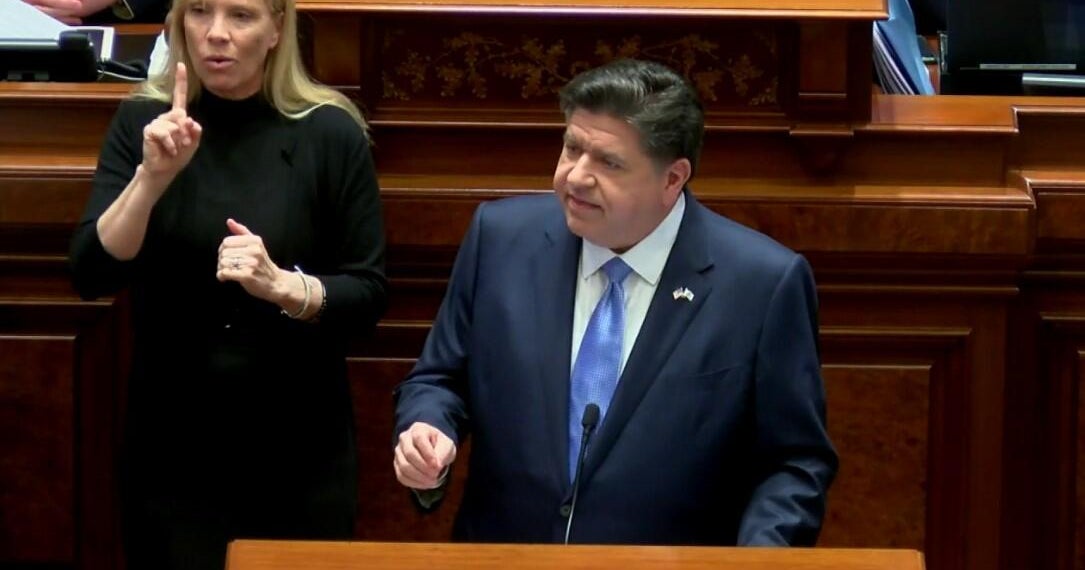Talking Points: Education spending increases as test scores continue to lag post-pandemic
MINNEAPOLIS —Thousands of Minnesota kids are already back in school and the rest will be going back on Tuesday.
This is a critical time for Minnesota's K-12 education system. Test scores are still down from before the pandemic, and the legislature approved record funding for K-12 education.
The big picture is that K-12 test scores are still down about 10% since before the COVID-19 pandemic. Right now, only 45% of Minnesota students show proficiency in math, and only 50% show proficiency in reading.
For ethnic minorities, the numbers are even lower, as they have been for years. Twenty-one percent of Black students were proficient in math and 31% were proficient in reading.
The legislature has responded by increasing education spending by a record $2.2 billion. Of that, $74 million will go to a back-to-the-basics approach to teaching reading.
Gov. Tim Walz, who was a guest on WCCO Sunday Morning at 10:30 a.m. from the Minnesota State Fair, says he is hoping that the spending will create a "Minnesota Miracle 2.0," a reference to legislation 50 years ago that made education funding more equitable across districts.
"We know they can continue to improve. We wanted to put an emphasis on making sure we're not underfunding our schools, that our schools have the resources, and that local control was here to make the decision they need," Walz said.
But most Republicans voted against the spending hikes, saying they include too many mandates and that school districts should have more independence.
Republican House Minority Leader Lisa Demuth, also a guest on WCCO Sunday Morning at 10:30 a.m. from the State Fair, said, "We know that the money needs to get to our students. And our focus on literacy, especially in the House Republican Caucus, the science of reading was a proven way to teach kids from kindergarten to third grade. They are learning to read after that, they are reading to learn."
While it will be years before we know if these added investments pay off, there is one additional education spending bill that will have an immediate impact: the legislature providing $388 million over the next two years to provide all Minnesota students with free breakfast and lunch. That begins this school year.
You can watch WCCO Sunday Morning every Sunday at 6, 7 and 10:30 a.m.
